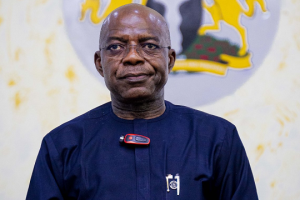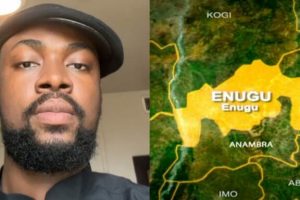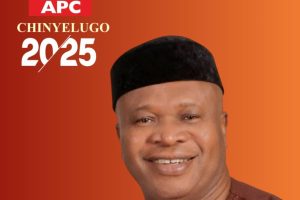
President Bola Tinubu has firmly stated that, despite the intense criticism from various quarters, Nigeria is firmly on the path to recovery.
In his first Presidential Media Chat, broadcast nationwide on Monday, Tinubu addressed a wide range of issues, including the nation’s economic and security challenges, as well as the administration’s efforts to bring about meaningful reforms.
Addressing Security and Economic Progress
One of the key points Tinubu highlighted was the significant progress made in improving security across the country. He explained that his administration had taken decisive steps to ensure that previously dangerous and inaccessible routes were now safer for travel. “For two decades, we witnessed widespread violence, with criminality and terrorism making roads unsafe and life uncertain,” Tinubu said. “But today, you can travel on roads that were once considered too dangerous for even the bravest.”
This shift in security, according to the president, is a direct result of the military’s enhanced vigilance and efforts to address both internal and external threats to the nation. He noted that Nigeria’s armed forces remain on high alert, working tirelessly to maintain peace and protect citizens from ongoing risks, including insurgency, terrorism, and other forms of organized crime. This, he explained, is part of a broader strategy to restore law and order, not just in urban centers but in rural areas and along critical infrastructure routes.
Fiscal Reforms and Financial Discipline
On the economic front, President Tinubu pointed to the significant reforms his administration had introduced to restore financial discipline and ensure better management of the country’s resources. A key part of these reforms was moving away from the “ways and means” financing model that had been employed in previous administrations. This model, often associated with excessive borrowing and short-term fixes, was criticized for contributing to the country’s rising debt burden.
Tinubu emphasized that his government had adopted a more structured approach to fiscal management, with a strong focus on controlling spending, improving revenue collection, and ensuring that public finances are managed with greater responsibility. He noted that the government is now operating within its financial means, avoiding the irresponsible expenditure practices of the past, and prioritizing long-term economic stability.
“We cannot continue to rely on unsustainable borrowing or create money out of thin air. We must be disciplined in how we manage the country’s finances. The days of reckless spending are behind us,” Tinubu remarked. This, he said, was not just about managing the economy more efficiently but about building a foundation for future growth, ensuring that Nigeria’s financial system can withstand shocks and support development in the years to come.
Empowering Local Governments
Another notable achievement of the Tinubu administration, according to the president, is the increased autonomy granted to local governments across the country. This move, he said, was an essential step in fulfilling his long-standing commitment to grassroots empowerment. Tinubu linked this to his tenure as the governor of Lagos State, where he was a staunch advocate for local governance reform. He recalled his tenure in Lagos and his persistent efforts to create additional local councils, which faced resistance from the Obasanjo administration at the time.
“I’ve always believed that local governments are the foundation of any strong democracy,” Tinubu said. “When local governments have greater autonomy, they can better address the specific needs of their communities. This is an essential part of building a truly decentralized, effective government that can meet the needs of every Nigerian.”
Challenges and Optimism for the Future
While Tinubu acknowledged that Nigeria is still grappling with a number of challenges, including economic hardship, unemployment, and infrastructure deficits, he expressed optimism about the country’s future. The president emphasized that no government could solve every problem in a single year and that the results of these reforms would become clearer over time. He pointed out that it had only been 18 months since his administration took office and that the progress achieved so far is a testament to the resilience of the Nigerian people and the determination of his government.
“Regardless of the critics, Nigeria is on the path of recovery,” Tinubu affirmed. “We cannot finish everything in one calendar year. It’s a gradual process, and I am not giving myself excuses. But we are making progress, and I am confident that with time, we will build a stronger, more prosperous nation.”
The president’s message reflected his belief that the necessary reforms and sacrifices would ultimately lead to a more secure, economically stable, and prosperous Nigeria. He urged citizens to remain patient and supportive as the country continues on this difficult but essential journey of recovery.





